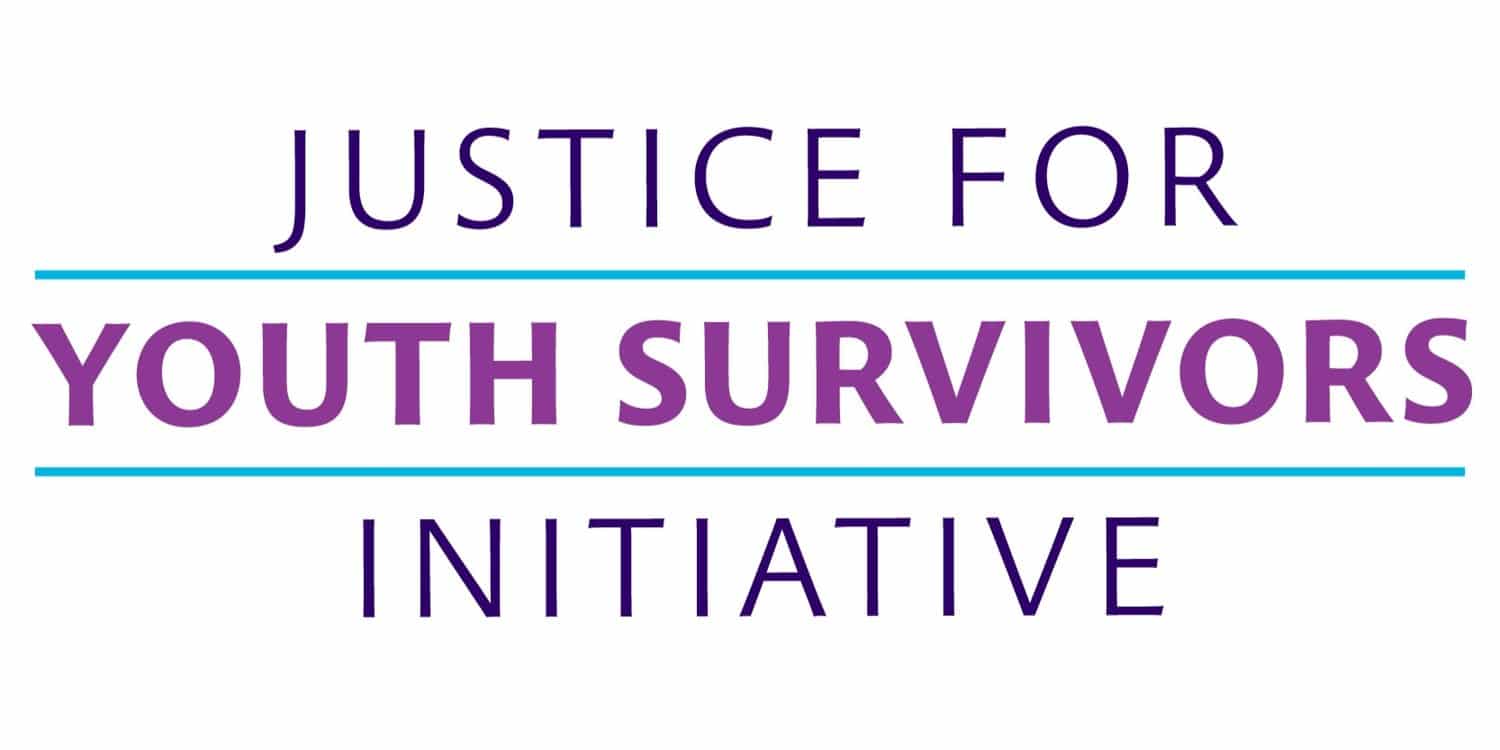N.Y. PENAL LAW § 230.01 (2021).
- It is an affirmative defense that participation in prostitution was a result of being a victim of either:
- Compelled prostitution, sex trafficking, or sex trafficking of a child (under New York law).
- Trafficking in persons (under federal law).
N.Y. PENAL LAW § 230.34-a (2018).
Third-party control is required in order for a minor to be considered a child sex trafficking victim, and therefore does not include all commercially sexually exploited children.
N.Y. CRIM. PROC. LAW § 440.47(1),(2)(c) (2021).
- The law, known as the Domestic Violence Survivors Justice Act (“DVSJA”), provides discretion to the sentencing court to resentence and reduce original sentences for domestic violence survivors. The law extends to the commission of felonies, violent felonies, predicate felonies/second felony offenses, and Class A drug felonies.
- The law excludes convictions of second-degree murder under Section 125.25(5) (killing of a child under 14 years old by a person over 18 years of age during a sexual act), first-degree murder under Section 125.27, aggravated murder under Section 125.26 or an act of terrorism under Sections 490 et seq., as well as the attempt or conspiracy to commit any of the above crimes.
- The retroactive provision applies to incarcerated adults who are serving a sentence with a minimum or determinate term of eight years or more, for an offense committed prior to the effective date of this section (August 12, 2019), and who suffered sexual, psychological or physical abuse that contributed to his or her conviction.
- This provision that allows reduced original sentences applies to defendants who, at the time of the instant offense, was a victim of domestic violence subjected to substantial physical, sexual, or psychological abuse that contributed to their criminal behavior and a standard prison sentence would be unduly harsh.
- Due to a drafting error, this law does not apply to juveniles.
N.Y. PENAL LAW § 60.12(1)(a) (2021).
- Allows indeterminate sentences for defendants who have been physically, sexually, or psychologically abused by the person against whom they committed the offense, where the abuse was a factor in causing the defendant to commit such offense and the person against whom the survivors acted was a member of the same family or household as the defendant.
N.Y. CRIM. PROC. LAW § 440.10(1)(i) (2022).
- Vacatur is allowed when the judgment is a conviction where the defendant’s participation in the offense was as a result of having been a victim of either:
- Sex trafficking, sex trafficking of a child, labor trafficking, aggravated labor trafficking, or compelling prostitution (under New York law).
- Trafficking in persons (under federal law).
Additional Resources
Permits survivors of human trafficking to sue their perpetrators in civil court.
N.Y. SOC. SERV. LAW § 483-bb (2021).
Services must be provided to victims of human trafficking, including case management, emergency temporary housing, health care, mental health counseling, and drug addition, among others.
N.Y. SOC. SERV. LAW § 447-a (2008).
The term “sexually exploited child” means any person under the age of eighteen who has been subject to sexual exploitation because he or she:
- is the victim of the crime of sex trafficking as defined in section 230.34 of the penal law or the crime of sex trafficking of a child as defined in section 230.34-a of the penal law;
- engages in any act as defined in section 230.00 of the penal law;
- is a victim of the crime of compelling prostitution as defined in section 230.33 of the penal law.
N.Y. SOC. SERV. LAW § 483-cc (2022).
- The office of temporary and disability assistance and the division of criminal justice services must be notified after law enforcement (and certain other authorities) first meet someone who reasonably appears to be a human trafficking victim.
- Law enforcement (and certain other authorities) are required to advise the victim of the availability of specific, established providers of social and legal services to human trafficking victims.
Karin Portlock and Brian Yeh, Precedent-Setting Decisions Show the Promise of New York’ tic Violence Survivors Justice Act (2024) (discussing two precedent-setting decisions by the New York State Appellate Division that strengthen the application of the Domestic Violence Survivors Justice Act (DVSJA) by clarifying what “substantial” abuse means and demonstrating that relief must be granted based solely on statutory factors regardless of plea agreements).

